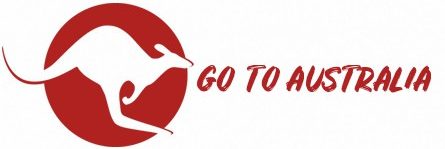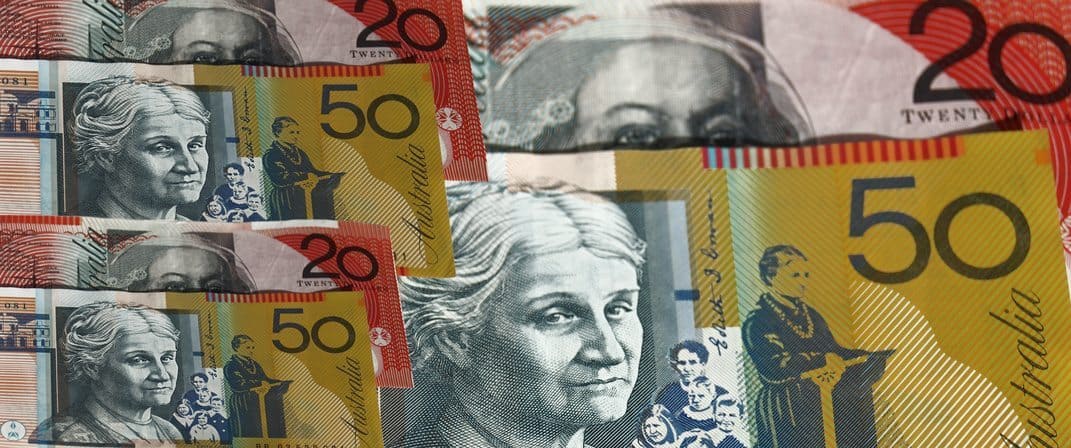Study Economics in Australia
The study of economics is a relatively new discipline that has emerged over the last 400 years and has several schools of thought from Marxism to Capitalism and a lot in-between. The study of economics is a rewarding pursuit and can lead to careers in an array of different areas. And the chance to study Economics in Australia should not be overlooked with great beaches, eternal sunshine and a great nightlife you will feel that you have arrived at the top end of town already.
The study of economics as a discipline at university has its roots in the 19th century with the development of the idea of the political economy that emphasise that economics needed to be studied empirically.
In a nutshell, economics is a social science that deals with the study of production and distribution, and the consumption of goods and services. But there is a lot more to the study of economics than that and branches off into many different and diverse areas with specializations that can be a cornerstone of an academic career.
Some of these specialty areas are as follows: economic policy / applied economics / business economics / international economics / health economics / natural resources economics / land economics / agricultural economics / development economics. And some of the key thinkers in the field of economics are Adam Smith / Karl Marx / Thomas Carlyle / Thomas Robert Malthus / John Maynard Keynes / John Stuart Mill / Alfred Marshall / Milton Friedman / John Hicks / Paul Samuelson / Emily Durkheim / Max Weber / Georg Simmel / Georgescu Roegen / Mark Grannovetter / Peter Hedstrom / Richard Swedberg / Pawel Ciompa / David Colander / Herman Daly / Deidre McClosky / Stephen Ziliak / Paul Joskow / Friedrich Hayek / and Leon Walras and as a student studying a Bachelor of Economics you are going to meet them all. Please enjoy!
As an international student studying economics at an Australian university you will have to complete 24 units over 3 years full time to complete you Bachelor of Economics successfully. Most Australian universities stipulate that to complete
Economics degree successfully at least half of the 24 units have to be in the area of economics while you are allowed to do units in the areas of geography / computer science / mathematics / politics / politics / science / philosophy / management / marketing / languages / development studies / history / and finance. And within these general disciplines there is greater specialization for the other 12 units that need to be completed so you can receive your degree.
The type of job you can get after you receive your economics degree is based purely on what you would like to specialise in. The three broad areas of specialization are government, non-government organisations, and private organisations. And graduates can work in: trade / policy / developmental economics / international economics / risk management and much more etc…
Economics is basically relevant to any area involving production and distribution, and the consumption of goods and services and can be studied at a macro and micro level and the opportunity to reach the heights of success are reasonably attainable with an excellent degree from an Australian university, hard work and some luck.
AA Education Services wants to assist you achieve your goals in getting a Bachelor of Economics in Australia and will assist you from the moment that you contact them until you touch down in Australia. They will assist you throughout the entire process with assistance with student visa applications, translations of appropriate documentation, course selection and institution selection, IELTS information, airline travel information, accommodation, 24hr online virtual support via email and web guides that deal with many aspects of life in Australia.
You also have the opportunity of doing an internship with AA Education Services and having your own travel blog to develop your proficiency in the English language and all of this is free of charge. While you are living in one of the best countries in the world that has excellent weather, great food, nightlife, multicultural appeal, modern cities, beautiful regional areas, national parks, wildlife, beaches, world heritage listed areas, is economically priced, and a low crime rate.
Australian Economic degrees are accepted and valued the world over and the potential areas of employment are: finance manager / econometrician / building economist / natural resources manager / financial market reporter / agricultural and food economist / quantitative trade assistant / health economics associate / marketing consultant / resources manager / market analyst/ relationship manager etc…
So how do you know if a Bachelor of Economics is for you?
Well, you have to have an interest in the subject first and foremost, and a desire to go into one of the economics related fields of employment throughout the world. You have to be an academic learner, have a good grasp of mathematics and be able to write well. You will need discipline and passion to succeed as a university student and if you are coming from a country where English is not your language then you will have to be proficient in academic English with an IELTS exam score of 6.0 across the four areas tested (reading, writing, listening, and speaking).
The exam lasts three hours and it usually takes between 3 months and 6 months to be able enough to complete the exam successfully. AA Education Service will assist you in finding the right English language school to attend so you can do this.
Also a Bachelor of Economics can be studied as part of a double degree and you can get a Graduate Diploma in Education or a something similar when you complete your Bachelor of Education course that allows you to teach in Australia (either primary or secondary) and have a greater dimension to your employability throughout the world because of the high respect for Australian education degrees with many students being recruited straight out of university by companies who want people with Australian education degrees heading up their classrooms.
But if you choose to teach in Australia then you have to follow the following process to do that successfully
Gain the relevant qualification (BEd) or complete Bachelors program and then complete a Graduate Diploma in Education.
As a holder of a BEd in Australia you will have to have two majors in teaching to be allowed to teach in Australia.
Become registered with the teaching registration board in the state that you want to teach in.
Apply for a job. If you want to teach in the private sector then you will have to have an appropriate ID card. But if you want to teach in the public sector then you will have to sit for an interview with a panel of Education Department staff for a suitability review that includes an oral examination of how you would handle different scenarios that could arise as a teacher throughout the course of the day. This examination is to see if you have the suitable skills to handle being a teacher.
After this suitability review you will receive a rating, S1 means you can teach anywhere in the state and will be offered employment immediately. S2 means you will have to wait a few weeks before a placement is found for you. S3 means you will have to take whatever is offered. And S4 means you will have to comeback at another time when you have developed your aptitude as a teacher a little more.
Understand the operating rules that each state has. And remember that you have the opportunity to join a union although you do not have to it is wise for legal reasons to do so.
Here is a list of some of the modules that make up a Bachelor of Economics in Australia. Now remember they may not be the exact modules that you study at the university of your choice, but they will be something similar.
They are: accounting practices / microeconomics for business decisions / macroeconomics for in the global economy / basic econometrics and quantitative modeling / managing the organisation / information and communication in business. These are the core modules that a student of economics will have to wade through. From there you can specialise into certain areas of expertise that you would like to concentrate on like microeconomics (study of households, firms, and markets) or macroeconomics (study of growth, unemployment, inflation etc…), market regulations and the role of government policy in the administration of an economy.
Other units in a Bachelor of Economics include: international business strategy and strategic alliances / economic development / labour economics / the rise of the consumer society / Australian business history / environmental economics / business forecasting / econometric modeling / money and banking / basic econometrics and quantitative analysis / economics of information and networks / intro to international trade and finance / financial institutions risk management / global trade and finance / business forecasting. These units will give you a good grounding in the study of economics at a tertiary level and will help you develop your ability to analyze economic data with scholastic excellence.
So if you are interested in getting a Bachelor of Economics at an Australian university then speak with a AA Education Agent today and they will help you begin the process of fulfilling your dreams in one of the finest countries in the world at an exceptional university with degrees accepted globally. AA Education Services delights in making global citizens of the international students who access their services. So let them help you today!


